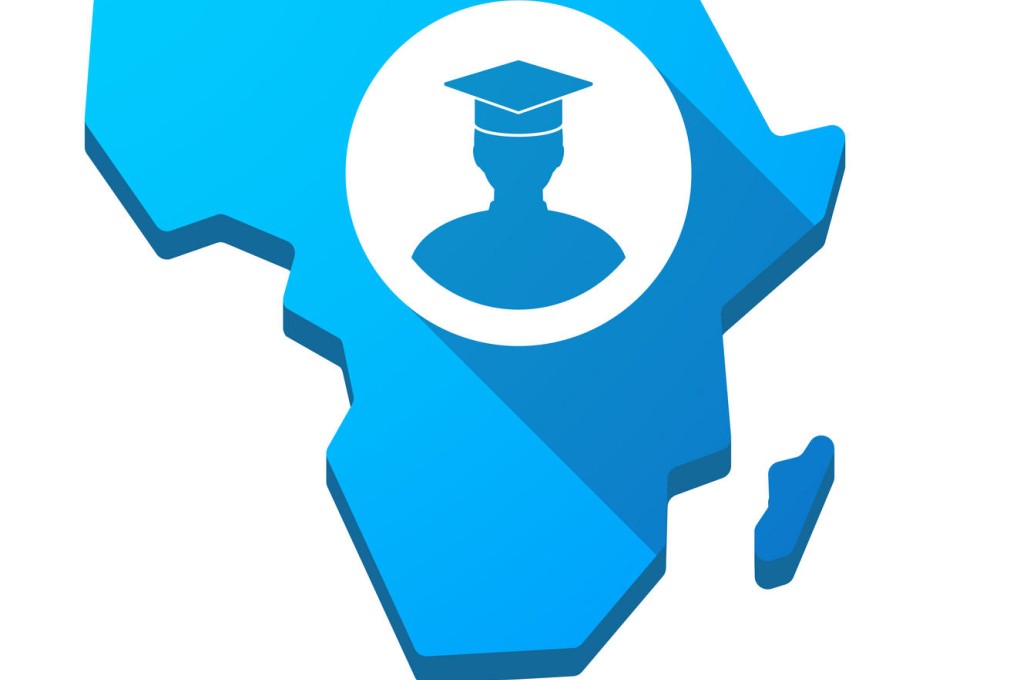E-learning makes further education a reality for tens of thousands of Africans
Zuhur Yasin has never been to the United States, but she holds a bachelor's degree from an American university. Part of Yasin's studies in Somaliland, a self-declared independent country in Somalia, were spent in a classroom, lined with computers equipped with webcams and microphones. The 29-year-old watched videos and took part in live virtual classes at Indiana University as part of her journalism programme at the University of Hargeisa. The African Virtual University (AVU), an intergovernmental organisation, connected Yasin with Indiana University. The AVU says it has used virtual learning to train 43,000 students since its creation in 1997. Last year, it announced 29 new distance-learning centres like the one Yasmin used to take part in seminars 13,000km away

Zuhur Yasin has never been to the United States, but she holds a bachelor's degree from an American university. Part of Yasin's studies in Somaliland, a self-declared independent country in Somalia, were spent in a classroom, lined with computers equipped with webcams and microphones.
The 29-year-old watched videos and took part in live virtual classes at Indiana University as part of her journalism programme at the University of Hargeisa.
The African Virtual University (AVU), an intergovernmental organisation, connected Yasin with Indiana University. The AVU says it has used virtual learning to train 43,000 students since its creation in 1997. Last year, it announced 29 new distance-learning centres like the one Yasmin used to take part in seminars 13,000km away.
Professors use programmes and apps including Skype and WhatsApp to communicate with students, but classes are taught using special software. The AVU may make lectures accessible on mobile phones, which would tap into Africa's estimated 112 million smartphones.
Like Yasin, many students in sub-Saharan Africa are looking for opportunities to attend university. In 2008, the region had the lowest university attendance in the world, with just 6 per cent of secondary school leavers advancing to higher education - well below the world average of 26 per cent, according to Unesco.
Last week the African Union opened the eLearning Africa conference on ICT for development, education and training at its headquarters in Addis Ababa with the aim of closing that gap and nurturing the human resources necessary for economic development.
Rebecca Stromeyer, founder of eLearning Africa, says: "Now is the time when technology can help to entrench the progress many African countries have made in education. If the right decisions are taken now, they will help to sustain long-term economic growth."